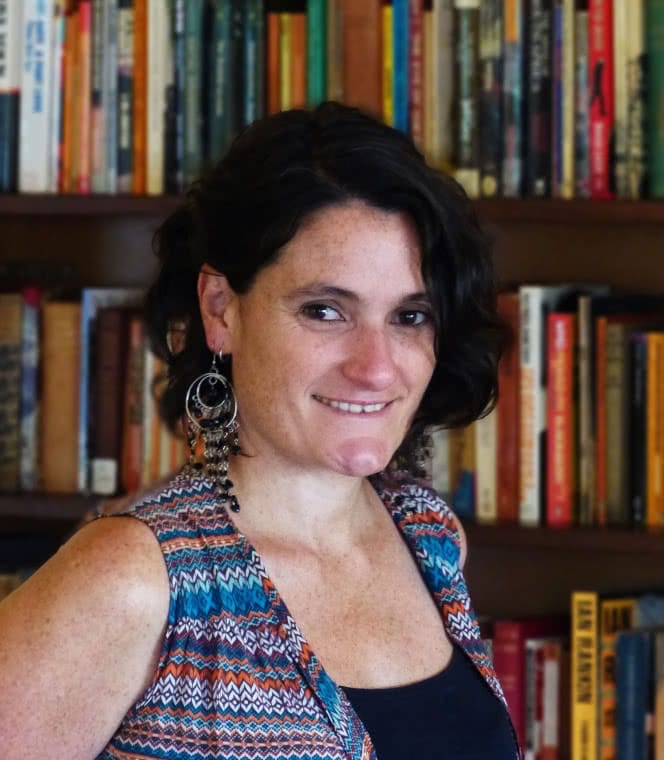
Health systems tend to be oriented towards curative medicine, but for informal workers (as for all citizens) it is not only the cure that is important, but prevention of ill-health. Informal workers do not have access to sick leave and they lose income when they are unable to work.
Laura Alfers joined WIEGO in 2009 to support the Social Protection Programme and became its Director in 2017. In this role, Laura has focused on bridging the grassroots realities of workers in informal employment with global research, advocacy, and policy narratives and directions. As Director, she has helped carve out WIEGO’s niche in social protection, workers’ health and child care, and ensuring that the concerns of workers in the informal economy are heard by the global development community and policy bodies at national, regional, and international levels.
She holds a PhD in Development Studies from the University of KwaZulu-Natal and an MPhil in Development Studies from Cambridge University. Her scholarly work has been featured in prominent international journals such as the International Social Security Review, Global Social Policy, and Environment and Urbanization. She also co-edited Informal Workers and Social Contracts in the Global South (Elgar), alongside Marty Chen and Sophie Plagerson, showcasing critical insights into the nature of the process of social contract formation from the perspective of workers in the informal economy.
Laura’s career with WIEGO has taken her across the globe—from navigating the informal economies of Accra, Ghana, and Durban, South Africa, to driving projects in South and Southeast Asia. She lives in Makhanda, South Africa where she is also a Research Associate at the Neil Aggett Labour Studies Unit at Rhodes University.
In the News
2024. Op-ed: Protecting Informal Workers from Extreme Heat
2024. Blog: Spotlight on Social Insurance: Building Fairer, More Inclusive Social Protection Systems for All Workers
2021. Op-ed: A Digital Bridge to Social Protection
2019. Podcast: Urban Infrastructure, Social Protection and Women Informal Workers
2018. WIEGO Blog: How the Draft WDR 2019 Got it Wrong: Rethinking and “Relinking” Social Protections for the Future of Work
Publications
2024. Social Protection, the COVID-19 Crisis, and the Informal Economy: Lessons from Relief for Comprehensive Social Protection. UNU WIDER
2022. Towards a more inclusive social protection: informal workers and the struggle for a new social contract. Edward Elgar Publishing
2021. Informality and Social Protection in African Countries: A Forward-looking Assessment of Contributory Schemes. UNDP
2017. Approaches to social protection for informal workers: Aligning productivist and human rights-based approaches. International Social Security Review
